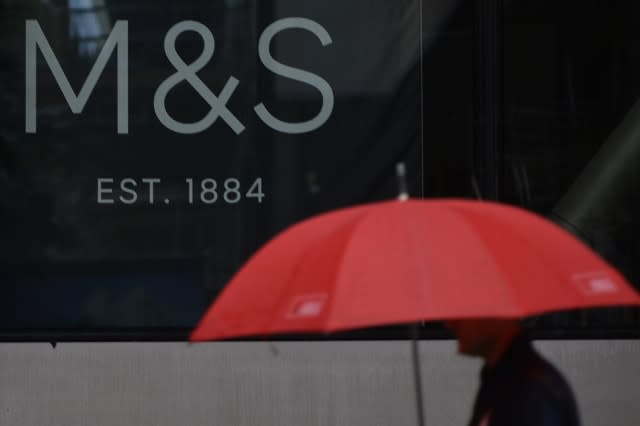M&S study shows bigger packages aren't always better value

Buying in bulk is one of the first rules of saving money. We know that if we pick up a large family pack of butter or washing powder, it will cost us far less per sandwich or washing load - because bigger packages offer better value. However, a new study has revealed that if we rely on this basic rule of thumb, we could end up overpaying.
See also: Free pizza, milkshake, bread, cat food and seeds
See also: Supermarkets Waitrose and Iceland top consumer satisfaction survey
See also: Waitrose under fire for 'British' meals made with New Zealand lamb
The study was carried out by This Is Money. It focused on Marks & Spencer, and concluded that smaller pack sizes in the stores were often a cheaper option. It highlighted garden peas, which were cheaper in a smaller bag, eggs that were cheaper when sold as a box of six, and salted peanuts that were cheaper when buying fewer.
The supermarket told the newspaper that it price-matched a selection of items in their most popular sizes regularly. This means the smaller packets were being price matched, but the larger ones seem to have been neglected. It added that it would be changing the prices to offer better value on the bigger packs.
Tip of the iceberg
It's a useful lesson - and this study is just the tip of the iceberg. This kind of pricing anomaly can be found all over the place. In Asda, for example, there's currently a special offer on Bertolli 1kg spread, but the original price quoted in the offer is more than twice the price of the 500g spread - so when the offer isn't running, you'd be better off buying two of the smaller packs.
This is far more likely to be by accident than design, and a result of the fact that supermarkets may set prices for each size of a product separately. Each price is the result of negotiations with suppliers and price checking across the industry, and they may fail to consider absolutely every instance when they are creating a pricing anomaly.
Most shoppers, however, find this hard to believe - because they are convinced that the supermarkets are trying to pull the wool over their eyes. It certainly doesn't help the supermarkets' cause when they make it so difficult to compare prices. In some cases, they offer irregular sized packs, so customers struggle to compare the cost of £1.5kg with 910g.
In other cases, the price comparisons on the shelves are utterly unhelpful, so you find yourself trying to compare a 'pack of five tomatoes' with 365g of cherry tomatoes. In the end, unless you are prepared to take them to the weighing scales, it comes down to a matter of guesswork.
Should you buy bigger?
It's worth taking a calculator and a healthy dose of cynicism to the supermarket with you, so you can compare things properly for yourself instead of using any kind of rule of thumb. Of course, even when the bigger pack turns out to be cheaper per gram, it may not be the best bet.
Before you buy bigger, ask yourself whether you will get through the whole lot before it goes out of date. Also think about whether you will be tempted to eat more. Larger cereal boxes, for example, tend to dispense more in a single shake, so we can find ourselves eating our way to being worse off. Likewise, a bigger bag containing more crisps may last no longer than a smaller bag once the family knows they are in the house.
But what do you think? Do you buy in bulk to save money? And do you always check you're getting a good deal? Let us know in the comments.




